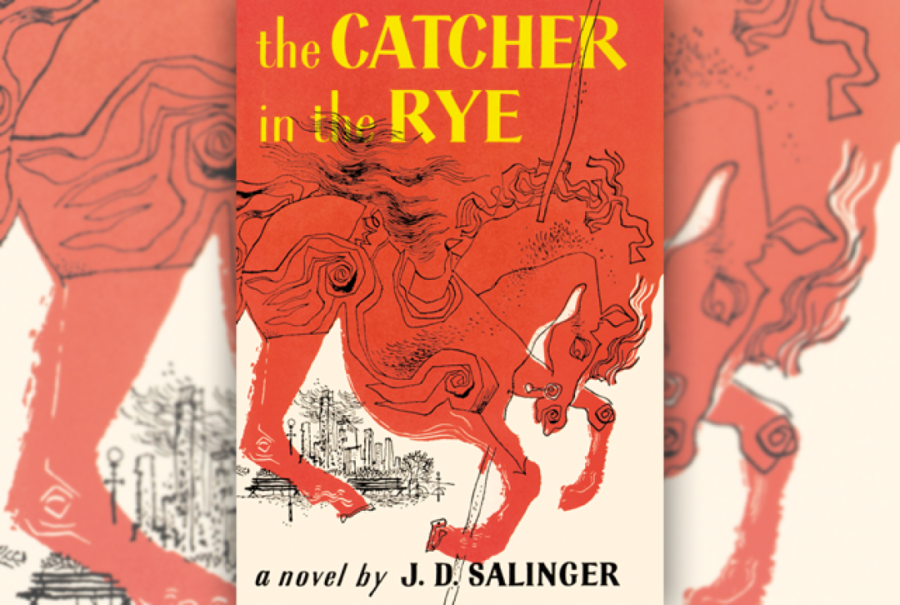‘Holden’ onto Childhood
The Catcher in the Rye
Honest. The Catcher in the Rye by J.D. Salinger is true and honest. Published on July 16, 1952, in the book itself, it stops just as abruptly as it starts. It makes the story stand out and contributes to the overall feel of the story.
Holden Caulfield is a sixteen year old kid living in the 1950’s and he tells it like he sees it. Although he is troubled, and fails out of four schools, Holden is misunderstood. We find out his brother Allie died when he was little. While some mainly focus on the fact that Holden gets into trouble, Others do not realize that he was extremely close with his brother and that this attributes to his attitude. Holden acts out and trying to get his parent’s attention. His parents never take the time to really care for him like they should. They always leave and they never put in the effort to ask him about what he needs. When he gets kicked out of school, his parents just shrug and say okay, then they send him to another school. He comes off as boring and fake. The average teenager can relate to the common way that Holden speaks and jumps around his ideas like most people think. One minute he’s talking about a museum and the next he is talking about girls and sex.
Finally, the title of the book itself and how Holden acts towards it explains a lot about his character. The poem talks about children falling over the cliff into the rye which represents adulthood and Holden says he wants to catch them before they fall. That is his way of trying to help and in a way it’s kind of sweet but also shows who he is as a person and how adulthood is something that is hard to transition into.
However, you have to know the characters first before you understand how great this book is. For some people, The Catcher in the Rye is a boring book about nothing, but for those who understand the character of Holden, it’s a more in depth story about a kid who doesn’t get a lot of attention from his parents, is misunderstood, and contributes to the overall relatable feel of the average teenager’s mind.

Haley Emelko is a senior. She is very passionate about chocolate covered strawberries, Back to the Future, and Maroon 5. This is her first year in Mehlville...




